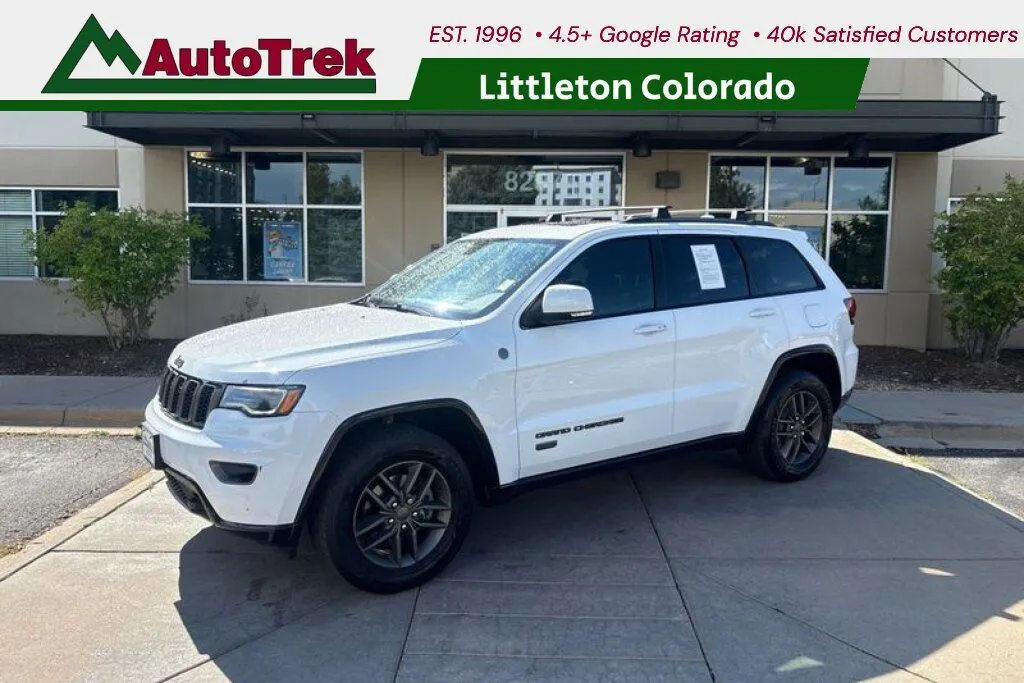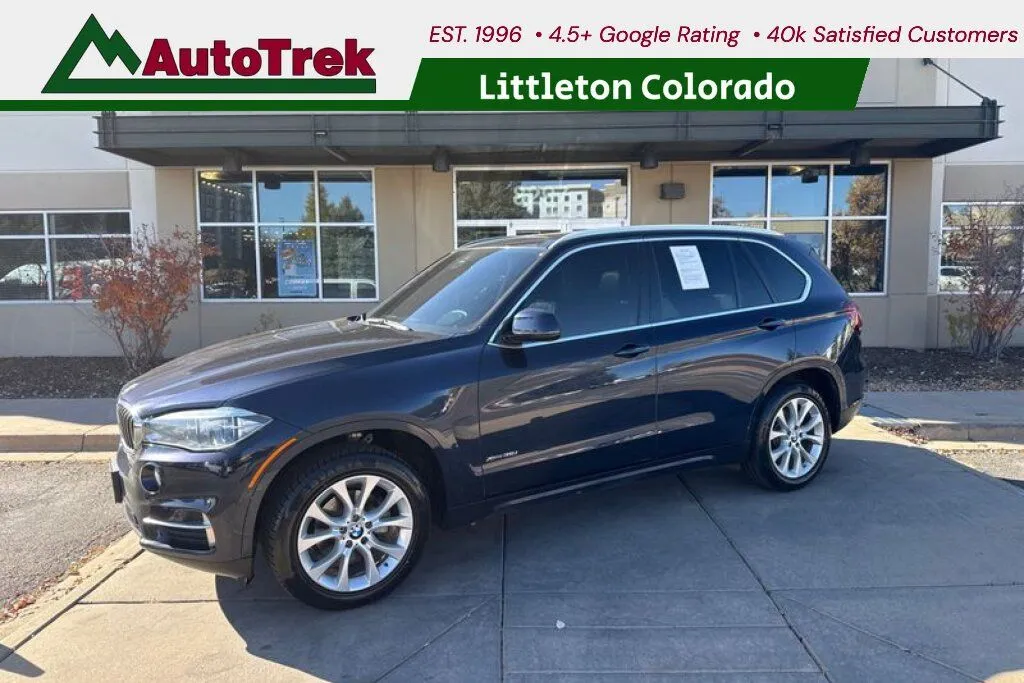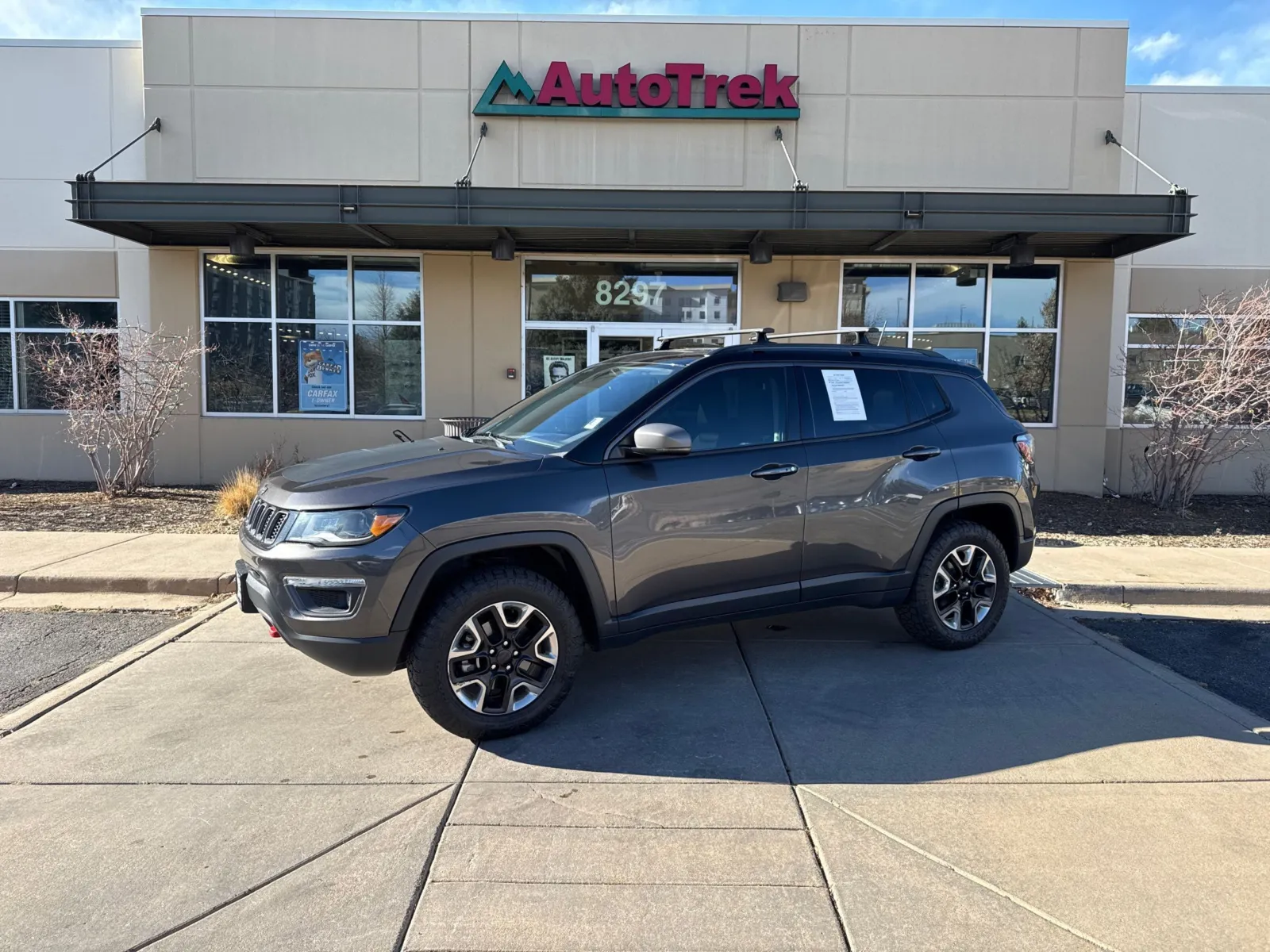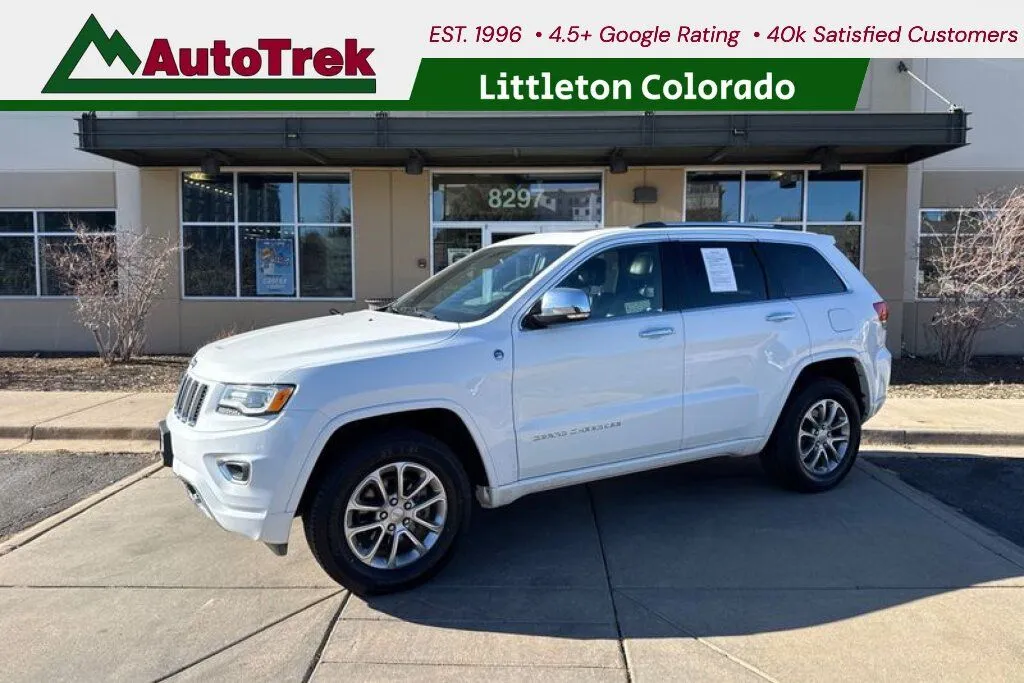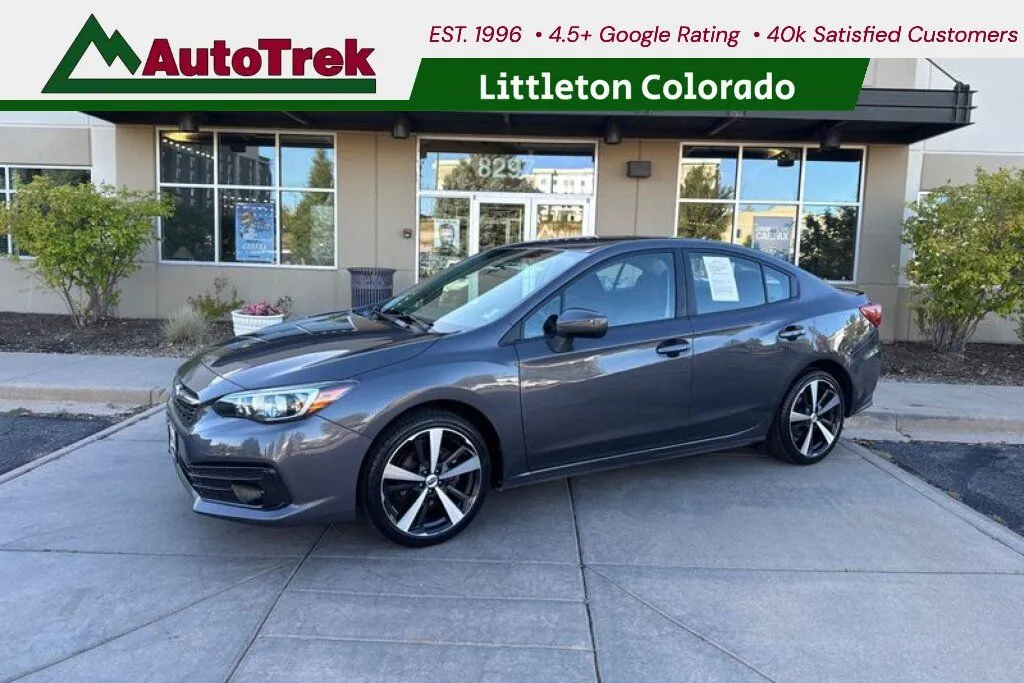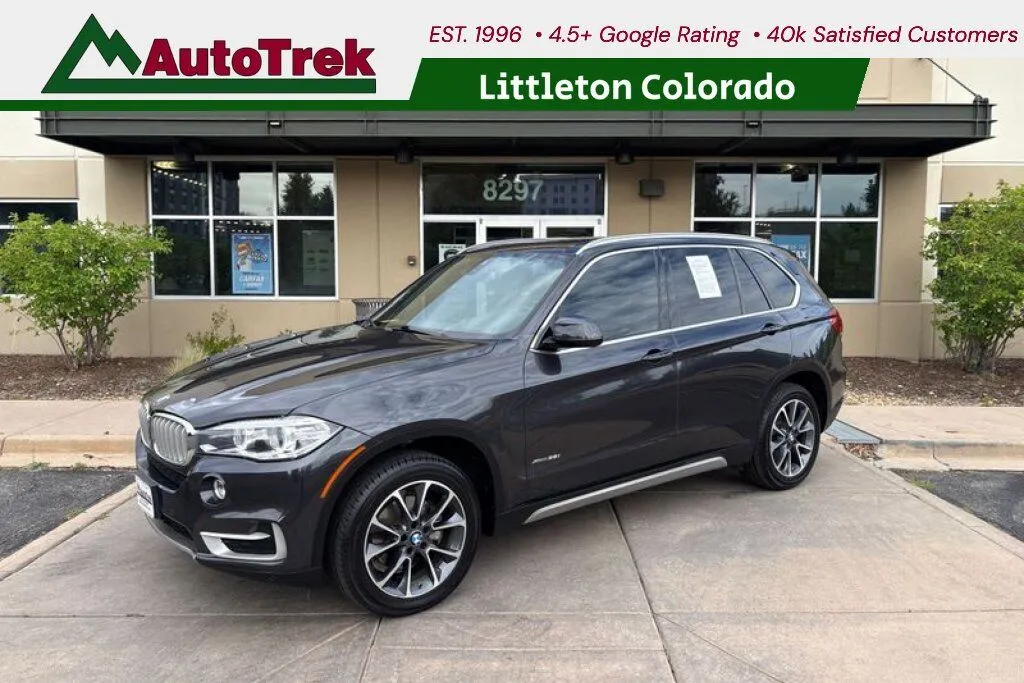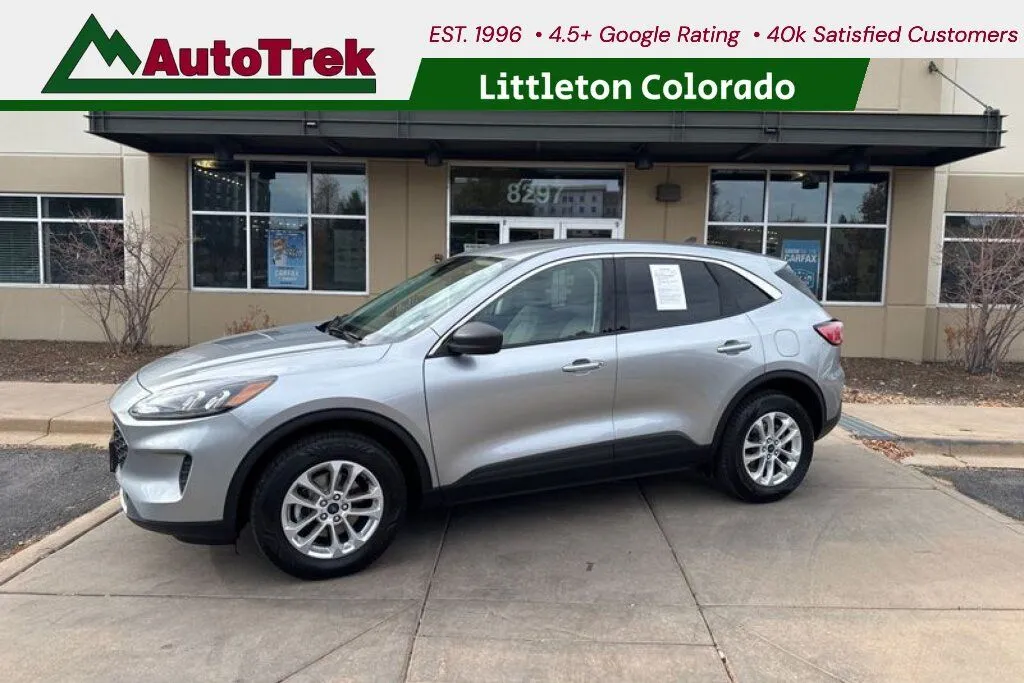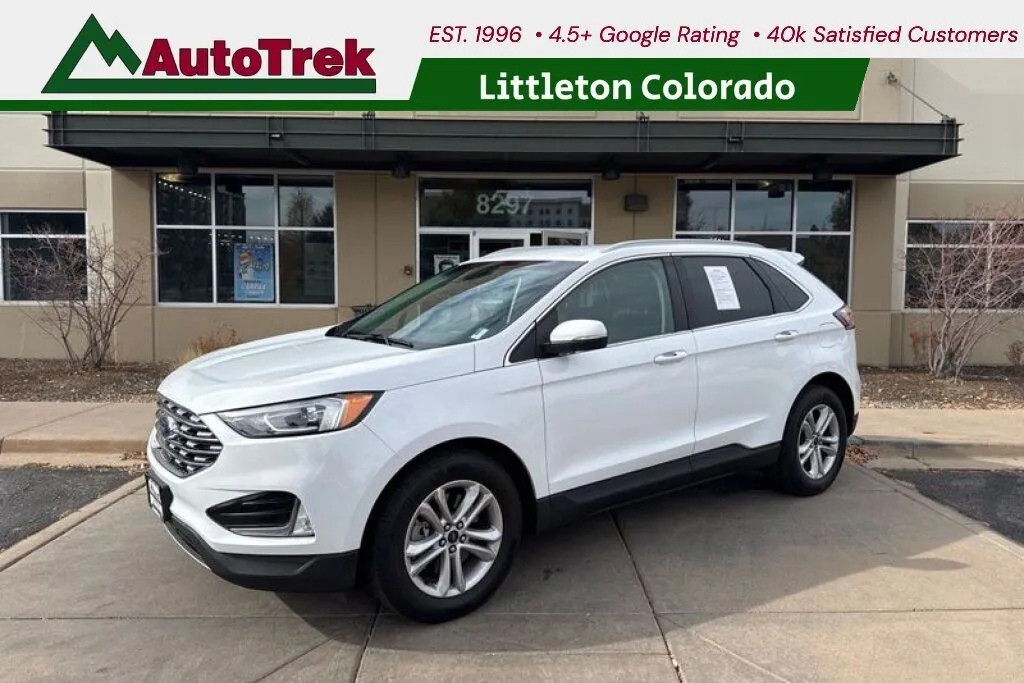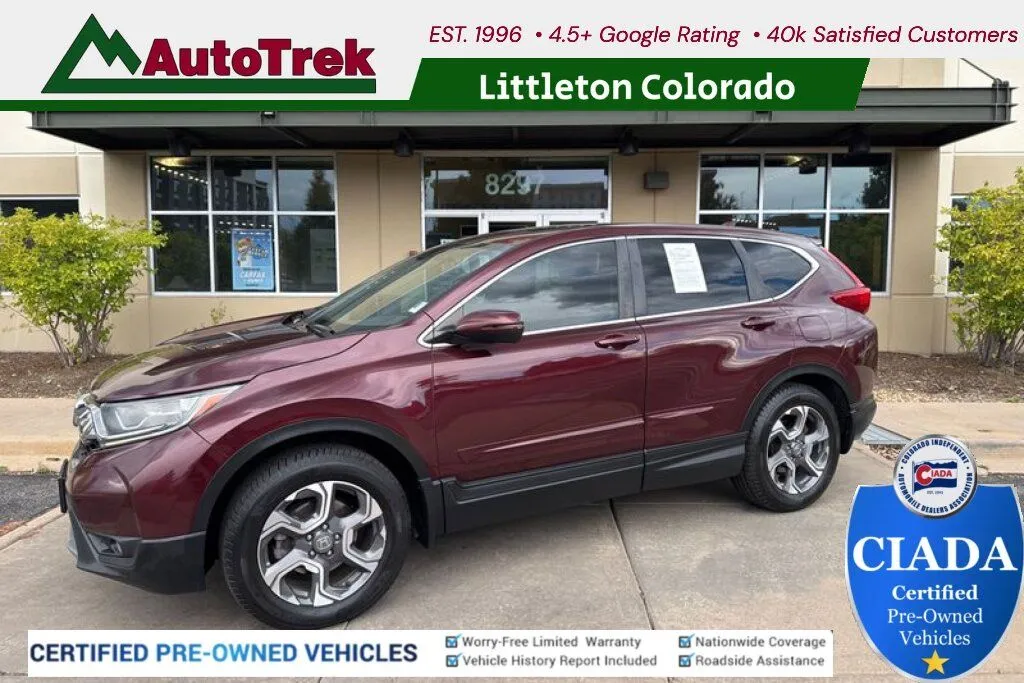What Fees Should You Pay When Buying A Used Car?
Sticker price is only the opening bid. The real out-the-door number includes government charges, dealer fees, and line items that can either protect your purchase or pad someone else’s margin. What fees should you pay when buying a used car? Think in two buckets: mandatory charges you’ll pay no matter what and negotiable extras that deserve a hard look. With the right checklist and a bit of calm, you can keep the final bill honest and still drive home happy.
Taxes, Title, Registration
This trio is the spine of any legal transfer. Sales tax is determined by your state and sometimes your city or county, calculated off the purchase price after any trade-in credits your state allows. Title fees cover issuing a new ownership document in your name. Registration and license plate fees get your tags up to date so you can drive off legally.
These charges vary widely by location and vehicle type, and they are paid on every transaction. For private party buyers, you will often pay these at the DMV. At a used car dealership, they are collected and filed on your behalf. In both cases, they are non-negotiable and should be listed clearly on your buyer’s order.
Emissions and Safety Inspection
Many states require a smog test or a safety inspection for transfer or registration. Some dealers perform these before listing the car, then pass through the cost on your paperwork. If you buy private-party, you might pay at a testing station after the sale.
These charges are typically modest and tied to state rules, not dealer preference. Ask for the latest certificate or inspection report and confirm the test is valid for your transfer window. If the car fails right after purchase, you want in writing who is responsible for bringing it into compliance.
Documentation Fee
The doc fee compensates a dealer for processing contracts, filing registrations, and managing lien paperwork. It can be capped by law in some states and uncapped in others, which is why you will see anything from modest to surprisingly high numbers.
Think of the doc fee as part of the dealer’s price for handling administrative work. You usually cannot strike it entirely at stores that charge everyone the same fee, but you can negotiate the total deal to offset it. Always ask if your state caps the doc fee and request the dealer’s written policy that the same fee is charged to all buyers.
Electronic Filing, Temp Tag, and Plate Fees
Dealers may charge small amounts for electronic registration systems, temporary tags, and plate transfers. These line items should be specific and modest. If the numbers look large or vague, ask for the state schedule showing what each item actually costs.
Often these fees are minor but can be grouped in ways that obscure their purpose. Clear labeling and amounts that match state schedules are what you want to see.
Reconditioning and Prep
Reconditioning reflects what the dealer spent on inspection, maintenance, tires, brakes, fluids, detailing, and cosmetic touch-up to get the car retail-ready. Some stores add a separate recon or dealer prep fee, while others bake that cost into the vehicle price.
You do not need to pay a separate recon fee on top of an agreed price unless you are specifically buying add-on work. Ask for the inspection sheet and a list of reconditioning performed with parts and labor. If recon is itemized as a fee, treat it like part of the price and negotiate the out-the-door number rather than debating the label.
Add-Ons You Can Decline
Market adjustment, advertising, nitrogen in tires, VIN etching, paint protection, door edge guards, and window tint often appear as separate charges. Some buyers like certain add-ons, but none are mandatory for title transfer.
If you want them, negotiate their value or ask to remove them. If a dealer will not separate add-ons from the car, negotiate the final price as a package or consider a vehicle without those items.
Warranties and Protection Plans
Extended service contracts, GAP coverage, tire and wheel protection, appearance packages, and theft recovery products can be useful for some drivers. None are required to buy, finance, or register the car. Decide based on your risk tolerance, the car’s age and mileage, and your ability to pay out-of-pocket for repairs.
If you consider a plan, ask for a specimen contract, covered components list, labor rate policy, deductible, claim process, transfer rules, and cancellation terms. Compare third-party quotes and remember these products are negotiable in price.
Financing Fees and Interest
If you finance through a dealer, your offer may include a lender origination charge or a rate with dealer reserve built in. You can accept a convenient one-stop experience or bring your own pre-approval from a bank or credit union to benchmark the offer.
Look at APR, term, total interest, and any lender or titling fees. If you see a mysterious line item tied to financing, ask the finance manager to explain it or remove it. You should never feel rushed here. A clean loan with a fair rate saves more than haggling a small accessory fee.
Out-of-State and Transfer Costs
Buying across state lines can add a title courier fee, temporary transit permit, or tax handling quirk based on where you will register the car. These should be explained in plain language before you sign.
Ask for a written breakdown of how tax will be collected and how the dealer will file your paperwork with your home state. If something must be done by you after delivery, get a checklist and deadlines so you do not pay penalties later.
Drive Home Happy with AutoTrek
The cleanest deals are simple. Lock the price, verify required government fees, keep paperwork transparent, and only add products you truly value.
At AutoTrek, we are a family-owned used car dealership built on service, trust, and community roots. We began as an Auto Club in 1996 helping buyers make smart choices, and that mission still guides every handoff today. Shop quality pre-owned cars in Littleton, CO in the 10K to 25K range, each backed by a thorough inspection and a fast buying process.
Get fair pricing guidance, a free CARFAX on request, and financing that fits through one of our 20 credit union partners or right here in-house. Prefer a private-party purchase? We will support you with the same care. Visit AutoTrek and let our friendly team make your next car feel like the right one.


